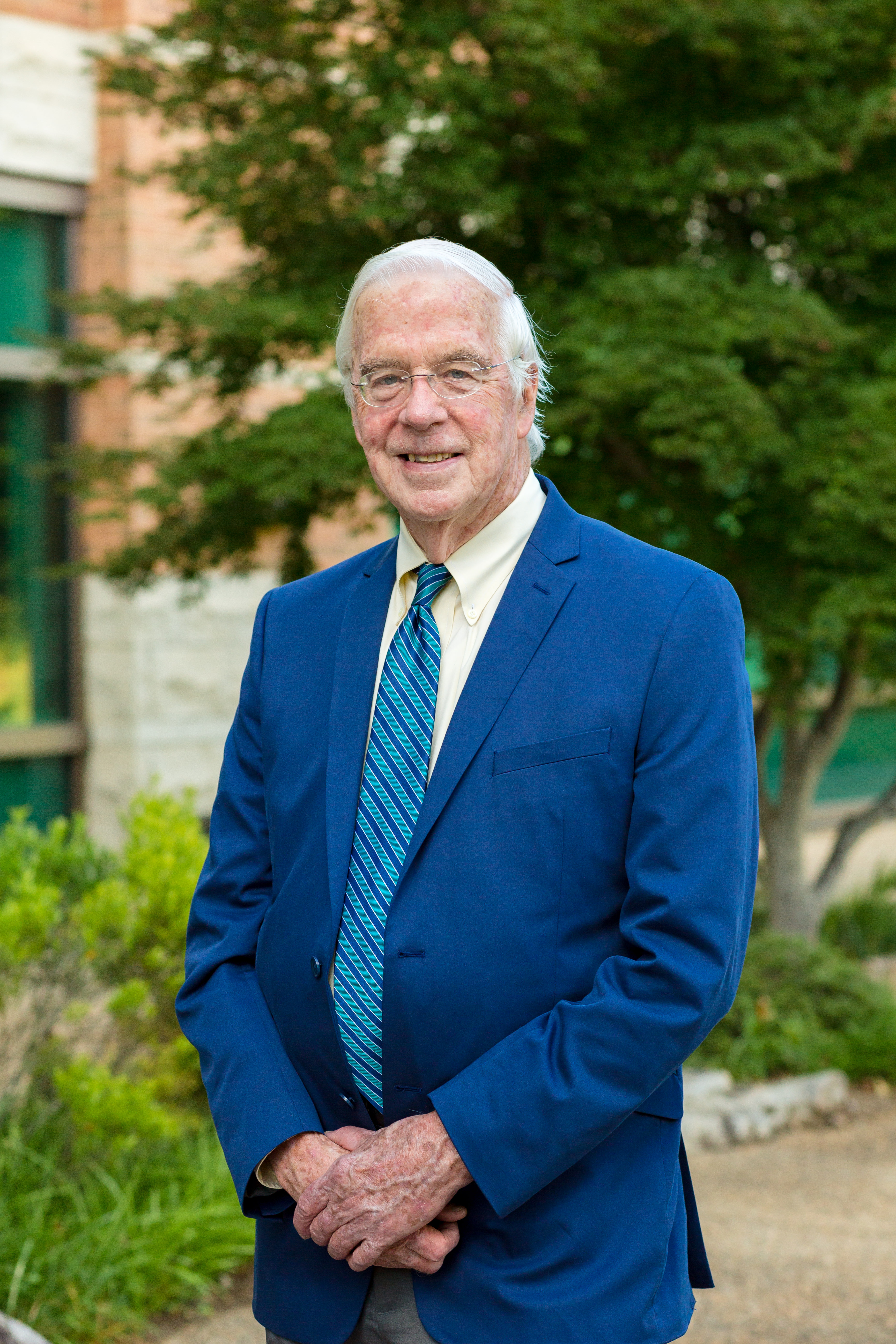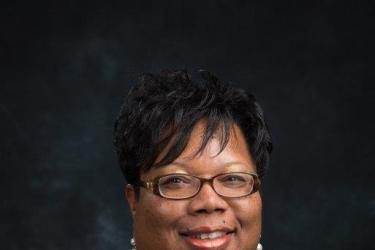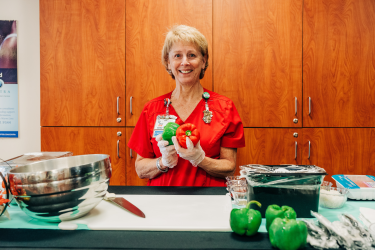Dr. George Hurt’s journey from aspiring Air Force pilot to esteemed neurosurgeon is one marked by dedication, adaptability and a deep sense of duty—to his patients, his community and his profession. As a child, Dr. Hurt first dreamed of flying planes, but when he didn’t meet the 20/20 vision requirements, he turned to another family calling: medicine.
Reflecting on his aspirations while in medical school, Dr. Hurt explained he originally planned to follow in his father’s footsteps as a general surgeon, going on to say, “I wanted to practice with him as he was finishing his career.” However, a pivotal rotation in neurosurgery during his internship at the University of Virginia shifted his path.
“I was impressed by the intellectual challenges neurosurgery offered. It required a deep knowledge of the brain and how it works, which felt more demanding than other specialties.”
His service in the Army during the Vietnam War profoundly shaped his approach to medicine. Dr. Hurt felt a strong responsibility to serve which was inspired by his father’s own service in World War II. Putting the completion of his residency on hold, he entered the United States Army through the Doctor’s Draft and was assigned as a “partially trained surgeon.” The experience of treating acute injuries in difficult conditions honed his skills and deepened his resolve to return to care for his hometown.
Returning to Lynchburg in the 1970s after finishing residency at UVA, Dr. Hurt joined forces with Dr. Harold Riley and Dr. Jacques Botton to establish the Lynchburg Neurological Center, which marked the beginning of a new era in local neurological care. In those early years, Dr. Hurt and Dr. Botton were the only neurosurgeons in Lynchburg, taking on the immense responsibility of covering the community’s neurosurgical needs around the clock—an exhausting but vital service. “It was every other night, every other weekend, for 20 or 30 years,” Dr. Hurt recalled.
Over the course of his career, Dr. Hurt’s contributions went beyond neurosurgery and the operating room. He and his wife, Cinda, have been tireless advocates for giving back to the community, focusing much of their efforts on education and healthcare. Dr. Hurt has served on the Centra Foundation’s board since its inception and has been instrumental in supporting initiatives that advance nursing education and healthcare access.
His philosophy is simple: “If you’re able to, you should support your community.”
Through his involvement with Centra, its Foundation and various educational initiatives, including the Virginia A. Henderson Nursing Education Endowment, Dr. Hurt and his wife, Cinda, have left a lasting impact on the region. Their dedication to fostering education in the field of medicine demonstrates their belief in the power of knowledge and the importance of preparing future generations to care for their own communities.
Additionally, because of Dr. Hurt and his generosity to the Centra Foundation, Centra’s neurosurgeons are now utilizing Curve™ by Brainlab, a state-of-the-art command and control center for information-guided surgery. This advanced technology enables our doctors to perform highly intricate spinal procedures with greater precision and minimal invasiveness.
Medicine and specifically neurosurgery has undoubtedly evolved since Dr. Hurt began practicing, but it is clear that the need for physicians dedicated to central Virginia like Dr. Hurt remains constant. His story is one of perseverance, generosity and an enduring belief that, when it comes to caring for others, you give all that you can.



